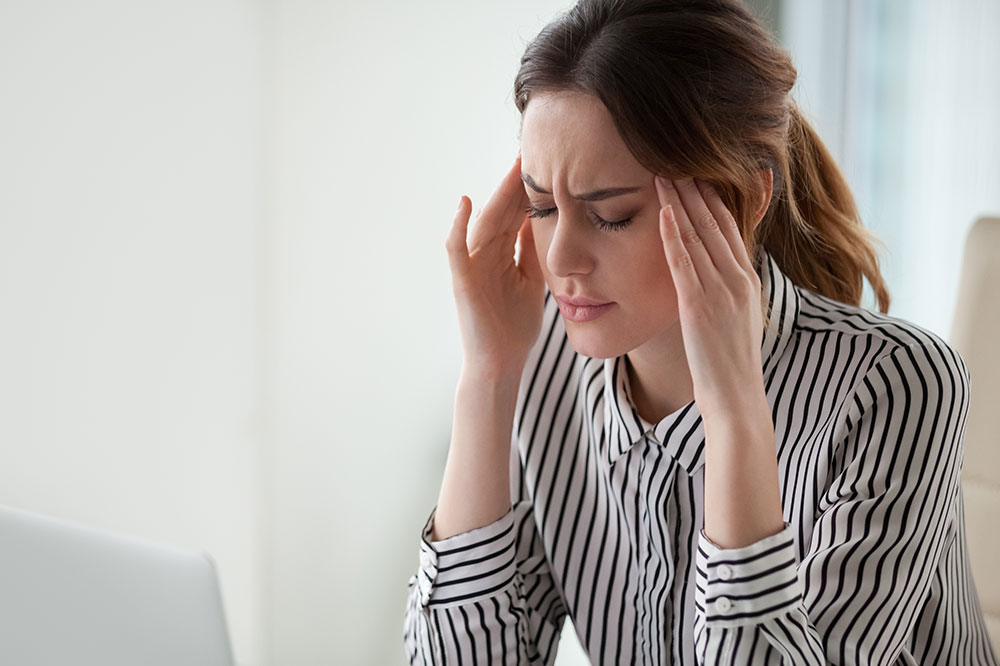
5 things to avoid doing after a migraine
Migraines lead to a stinging sensation on one side of the head. In most cases, you may experience what is known as the postdrome. It’s the last stage of a migraine, where the pain finally subsides but leaves you exhausted. This phase can last between a couple of hours to a few days, based on your lifestyle. Whether during a migraine attack or after, avoid doing the following things to manage the condition.
Don’t oversleep or sleep too little
The amount of sleep you get can influence a migraine. You must sleep for at least seven to eight hours a night. Oversleeping can trigger migraine headaches. If you get enough sleep but still feel lethargic on waking up, or cannot sleep, it could be a sleep disorder like insomnia or sleep apnea. See a doctor immediately to get the necessary treatment.
Don’t drink too much caffeine
While caffeine works as a remedy for migraines, having too much can trigger migraines and their symptoms. It can also result in rebound headaches and lead to other health problems. So, reduce caffeine intake, especially if you’re susceptible to migraines.
Don’t eat processed and cured meat
Foods that are processed or cured, including sausages, ham, and bacon, are abundant in nitrites and nitrates. These elements help preserve flavor and color and keep the meat fresh. However, such foods can trigger migraines and worsen your current symptoms.
Don’t skip meals
People who eat limited meals a day are more susceptible to migraines. Eating less leads to a drop in blood sugar, which triggers headaches. So, you must eat three meals a day. Studies show that foods rich in magnesium and omega-3 fatty acids may help curb the risk of recurring migraines.
Don’t overdo activities
If you have a migraine or are experiencing the migraine postdrome, it’s better to avoid strenuous activities. Exertion can increase the risk of relapse and worsen the symptoms you might be experiencing. Instead of exerting your body, lie down in a quiet room until the symptoms subside. You can also massage your scalp or place a cool, damp cloth on your forehead to relieve the symptoms.







